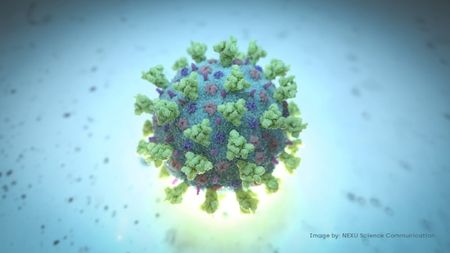The Infectious Diseases Society of America has developed recommendations for public health and health care professionals to prioritize testing for COVID-19 during the shortage of accessible tests and the continuing spread of the virus. IDSA recommends a four-tiered approach, based on the following indications:
- Tier one: Critically ill patients with unexplained symptoms; individuals with respiratory symptoms and contact with a positive COVID-19 patient or recent travel to areas with high community transmission; patients with fever or respiratory infections who also are immunocompromised (including those with HIV), elderly or have underlying chronic conditions; and individuals critical to the pandemic response who experience respiratory symptoms, such as health care workers, public health officials and other essential leaders.
- Tier two: Non-ICU hospital patients and long-term care residents with symptoms.
- Tier three: Patients in outpatient settings who meet the criteria for influenza testing, including those with select co-morbid conditions like diabetes, COPD, congestive heart failure; pregnant women; and symptomatic children with additional risk factors.
- Tier four: Individuals in communities being monitored by health authorities, to collect data and ascertain the prevalence of COVID-19.
Overall, the current prevalence of COVID-19 disease in the United States, as quantified by positive test results, remains low. Given the paucity of available tests, however, it is likely that the number of infected individuals is greater than reported. IDSA is asking for new policies and investments to improve access to testing for this and future pandemics. IDSA encourages everyone to adhere to federal and public health guidance. View the full recommendations and learn more at the IDSA COVID-19 Resource Center. The recommendations will be revised as data and information become available.
###
CONTACT: Lili Kadets at 617-803-5557 or LKadets@MessagePartnersPR.com.
About IDSA
IDSA is an organization of physicians, scientists, and other health care professionals dedicated to promoting health through excellence in infectious diseases research, education, prevention, and patient care. The society, which has over 12,000 members, was founded in 1963 and is based in Arlington, Va. See more at: idsociety.org.


